Key Takeaway
- Cash accounting is a straightforward and simple method. It records transactions only when there is a cash inflow or outflow.
- Cash accounting is unsuitable for larger companies or companies with a lot of inventory, as it may hide their financial situation.
Cash accounting explained
The cash basis accounting, also known as cash method of accounting, involves recording transactions only when cash changes hands. This means revenues are recognized at the time cash is received, while expenses are recorded when cash is paid out. The cash method of accounting, also known as cash basis accounting, involves recording transactions only when cash changes hands.
This means revenues are recognized at the time cash is received, while expenses are recorded when cash is paid out. This approach stands in contrast to accrual accounting, where income is acknowledged when revenue is earned, and expenses are noted when liabilities are incurred, regardless of the timing of cash inflows or outflows.
Cash basis accounting is based on the principle of cash flow. Cash flow is the movement of money into and out of a business. It shows how much money a business has available to spend or invest at any given time. Cash flow can be positive or negative, depending on whether the business receives more money than it spends or vice versa.
Example: ABC Accounting Firm, operating on a cash basis accounting system, provides accounting services to its clients during the month of July. They receive payments from clients immediately upon completion of the services. On July 15th, the firm paid $500 in cash for office supplies. Under cash basis accounting, the firm records the revenue from client services on the dates cash is received and the expense for office supplies on July 15th when the cash is paid.
Who suited this type of accounting?
Cash basis accounting is considered less accurate than accrual basis accounting due to its inability to track timing differences. It is often used by small businesses, freelancers, and individuals who want to keep track of their cash flow and tax obligations. However, cash basis accounting also has some limitations and drawbacks that you should be aware of and not all entities are allowed to use cash basis accounting method.
You may be interested in Understanding Cash Flow Statements in Bookkeeping
Excluded entities.
According to the IRS, most individuals and many small businesses use the cash method of accounting. However, some entities are excluded from using this method and must use an accrual method instead. These include:
- Corporations (other than S corporations) with average annual gross receipts exceeding $26 million for the 3 prior tax years.
- Partnerships with a corporation (other than an S corporation) as a partner and with average annual gross receipts exceeding $26 million for the 3 prior tax years.
- A tax shelter, certain types of farming businesses.
Benefits of cash basis accounting
- Simplicity: Cash basis accounting is easy to understand and implement. You don’t need to deal with complex concepts such as accounts receivable, accounts payable, deferred revenue, accrued expenses. It’s straightforward and easy to use.
- Cost-effectiveness: Cash basis accounting is less expensive than accrual accounting. You don’t need to hire an accountant or use a sophisticated accounting system to maintain your books. You can use a simple ledger or a spreadsheet to keep track of your cash transactions.
Limitation of cash basis accounting
- Inaccuracy: Cash basis accounting does not reflect a business’s actual performance or financial position in the short term. It can distort the revenue and expense recognition by ignoring the timing of transactions.
- Misleading: Cash basis accounting can create misleading financial statements that do not show the actual profitability or solvency of a business in the long term
- Incompatibility: Cash basis accounting is incompatible with the generally accepted accounting principles (GAAP) or the international financial reporting standards (IFRS) used by most large companies, especially by publicly traded companies.
- Cash basis accounting is also not accepted by some lenders, investors, auditors, and regulators who rely on accrual accounting to evaluate a business’s creditworthiness, profitability, and compliance.
Conclusion
Cash basis accounting is a method where revenues and expenses are only recorded when there is an actual exchange of cash. It is simple, cost-effective, and useful for cash flow management and tax benefits. However, it can also be inaccurate, misleading, and incompatible with accounting standards and regulations. So let our experts at Xoa Tax help.
What if I want to change the accounting method?
You choose an accounting method when you file your first tax return. If you later want to change your accounting method, you must generally get IRS approval. See Change in Accounting Method.
How to Decide Between Cash-Basis and Accrual-Method Accounting?
Cash basis accounting records money when it comes in or goes out. Accrual-method accounting records money when it is earned or spent, even if cash does not change hands. Cash-basis accounting is easier and more suitable for small businesses that only handle cash. Accrual-method accounting is more complex but better for big businesses that have more transactions and need to follow the rules. Some businesses cannot use cash-basis accounting for taxes, and some can use both methods. To change methods, you need permission from the IRS.
You may be interested in Cash vs Accrual Accounting. Which Method Is Right For Your Business?























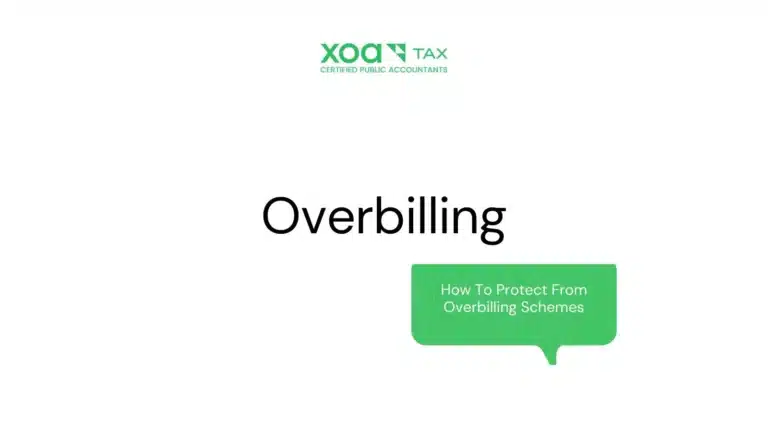



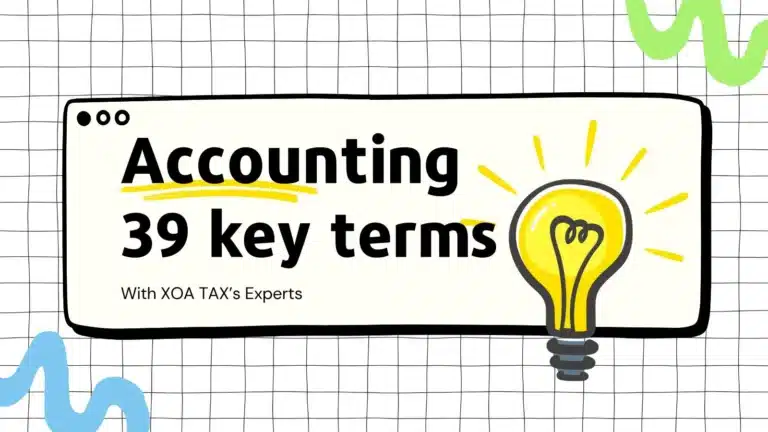


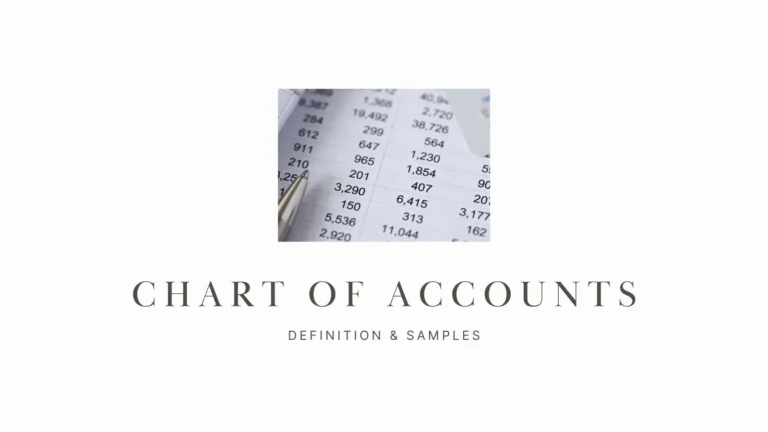








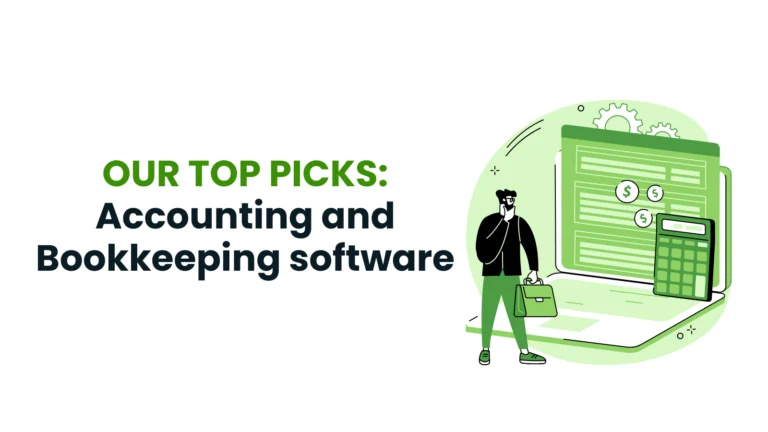
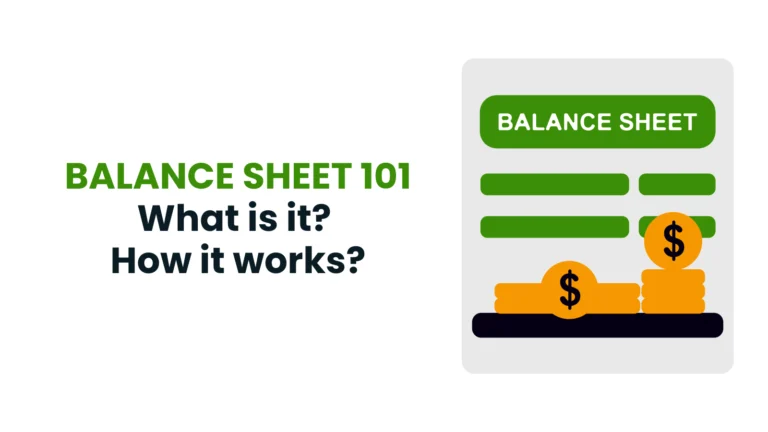

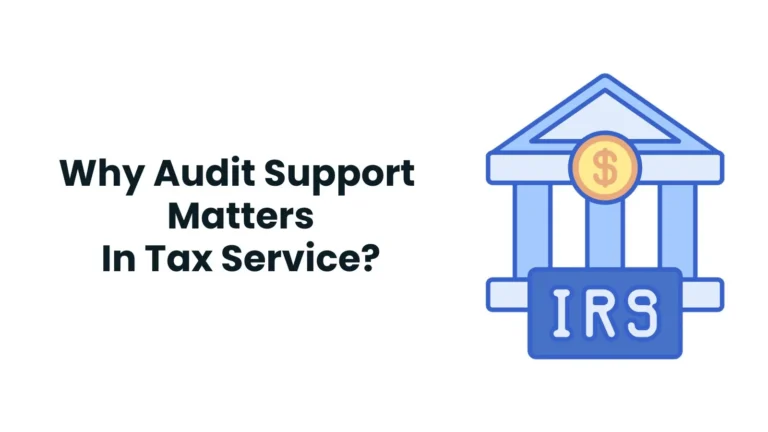

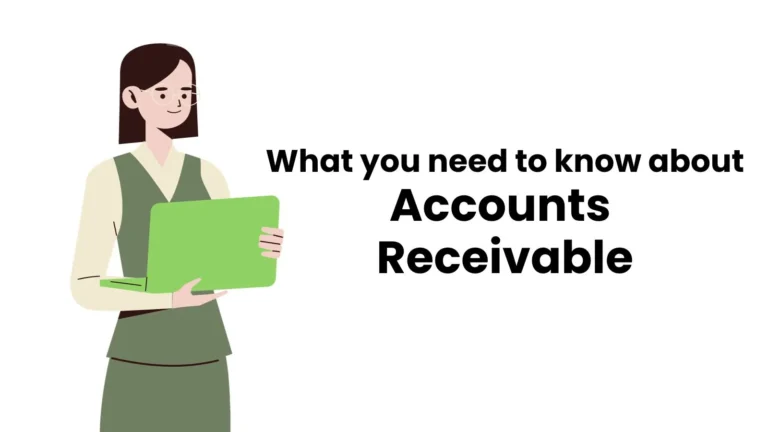


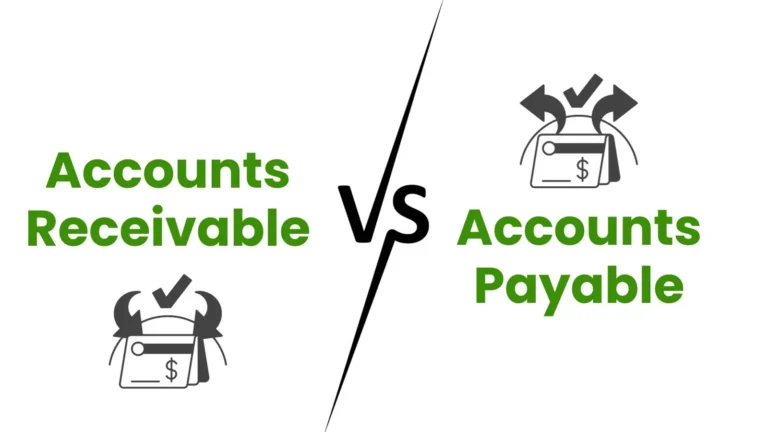

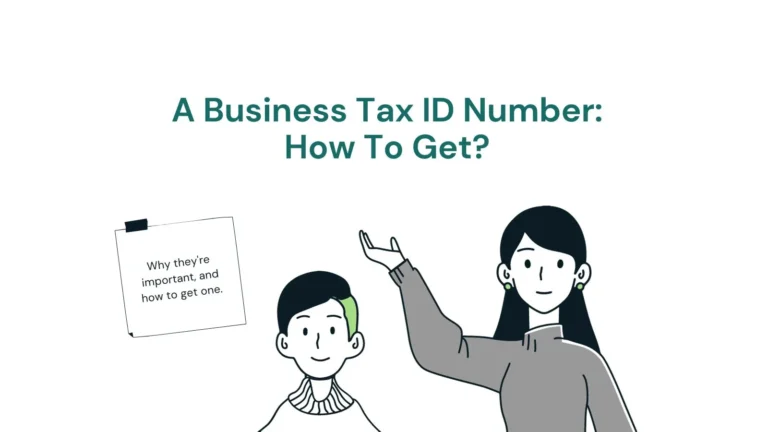

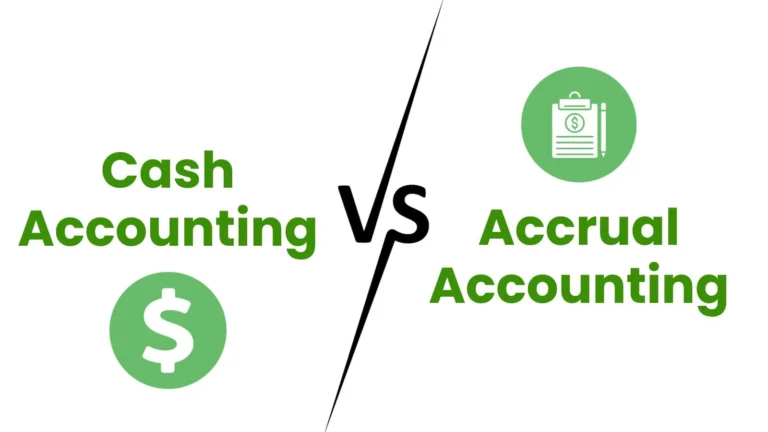
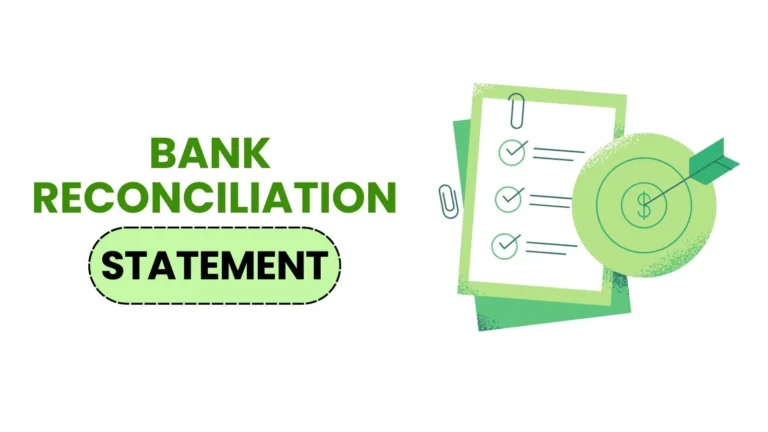
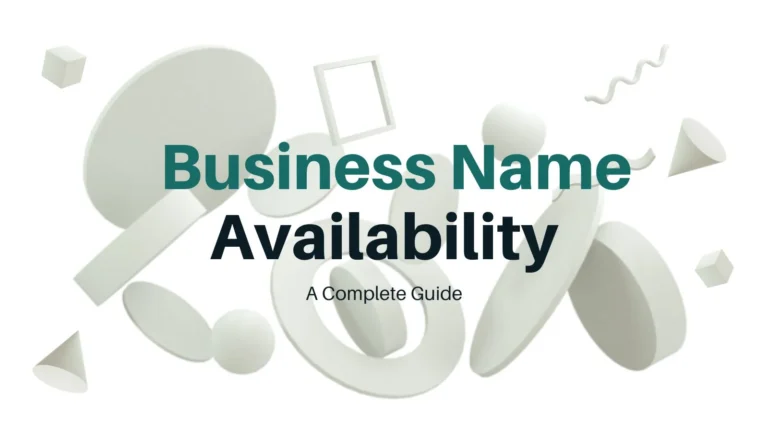
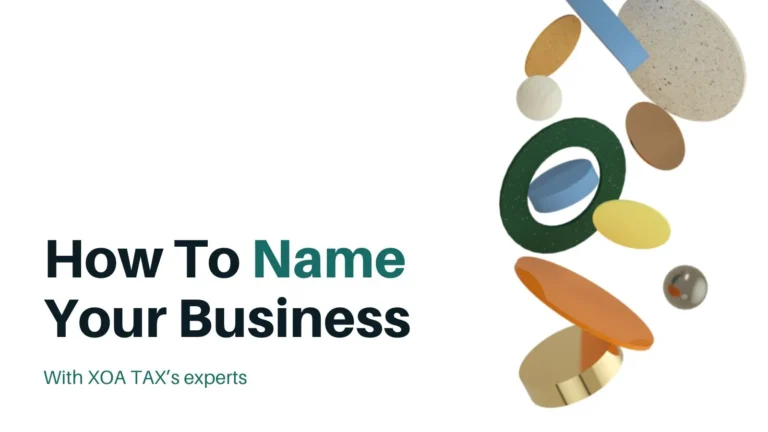

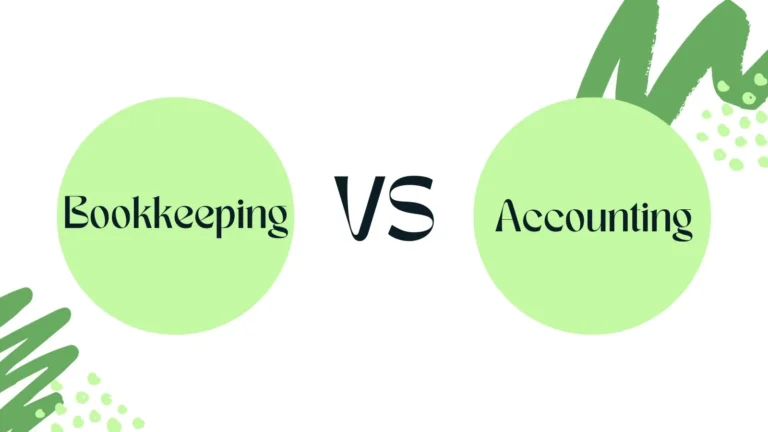

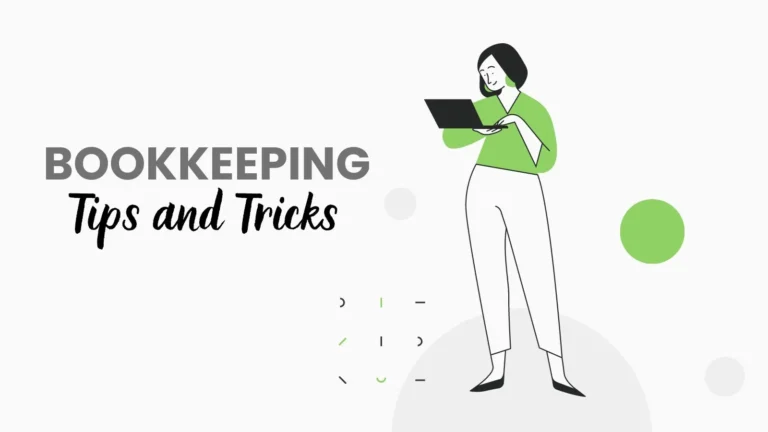




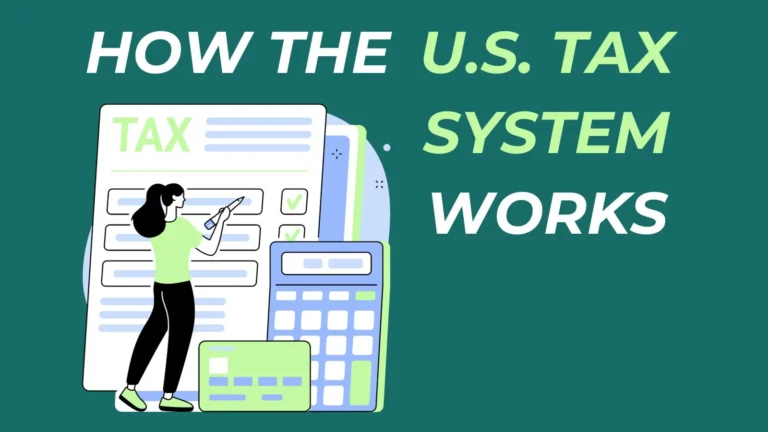
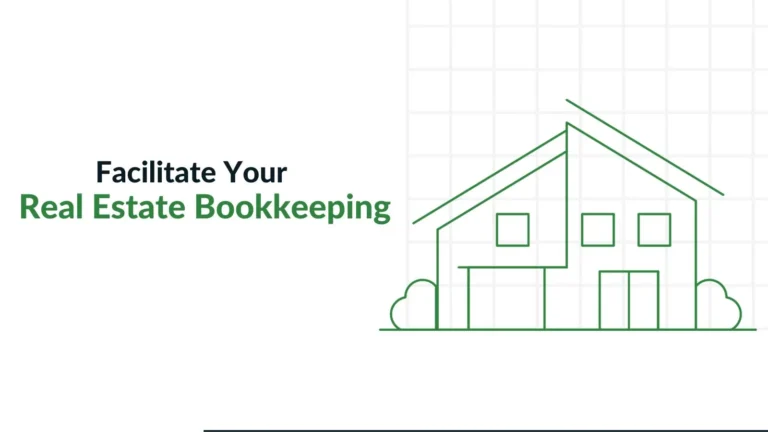
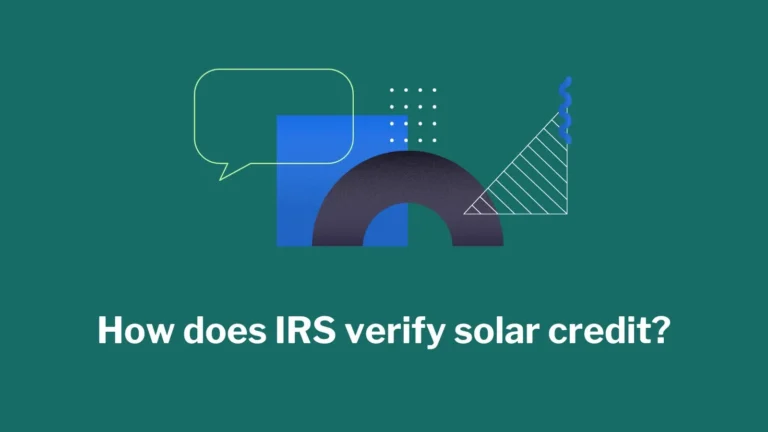
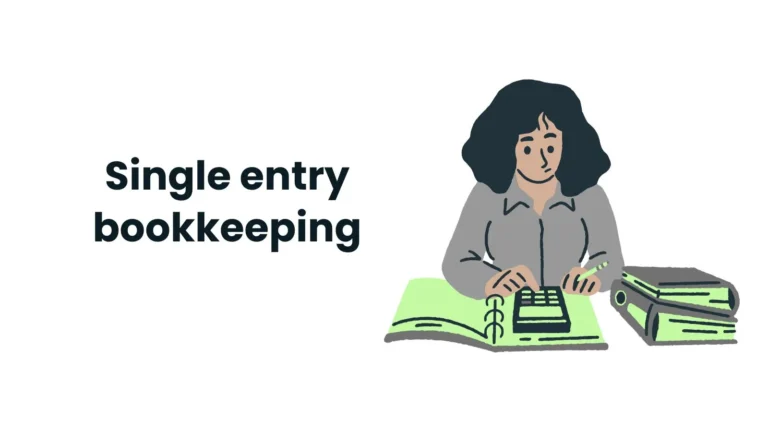




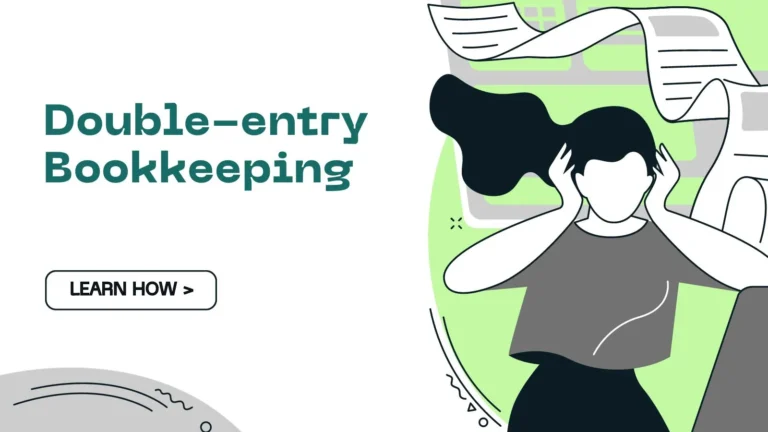


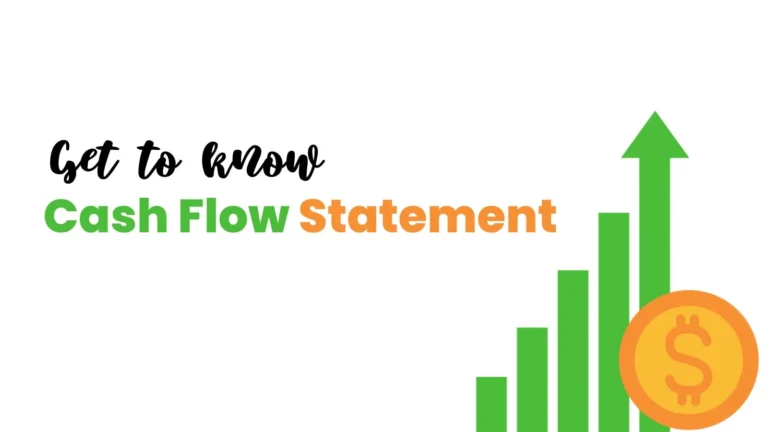
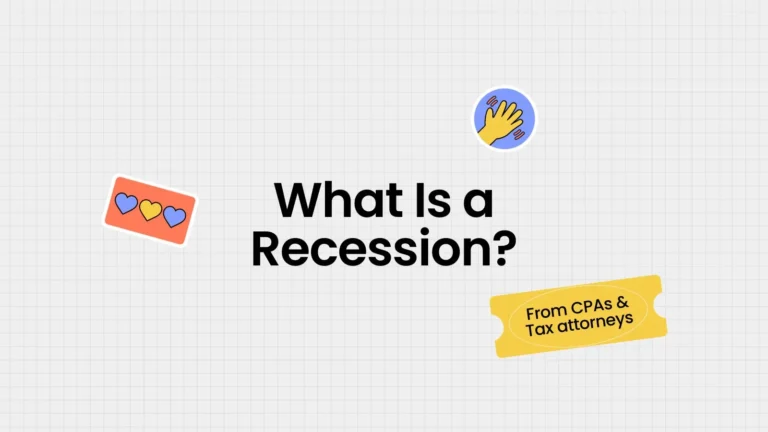
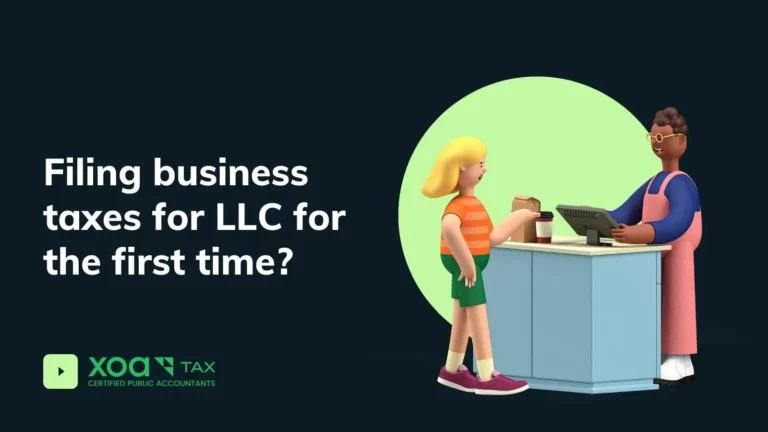
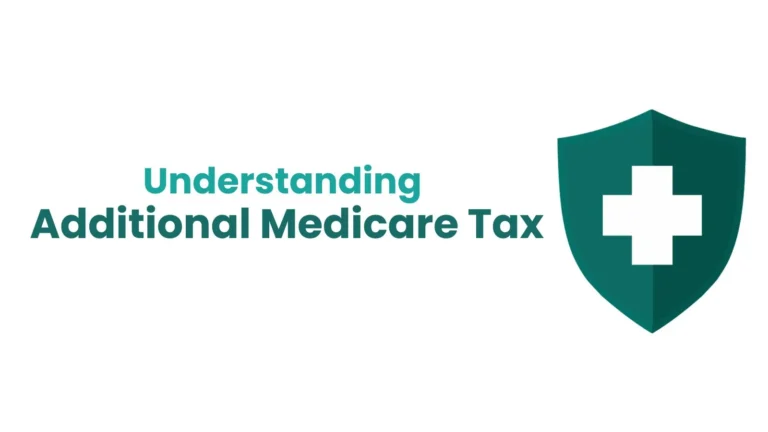
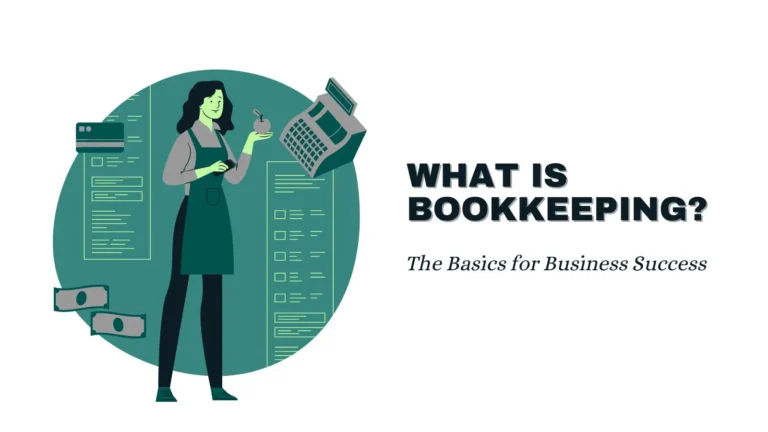



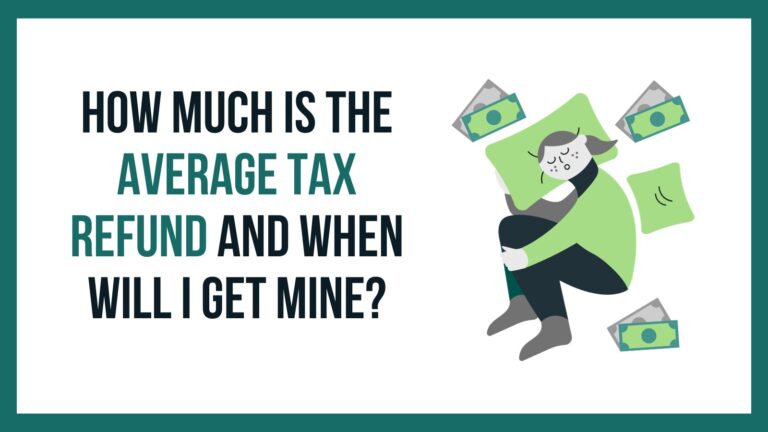
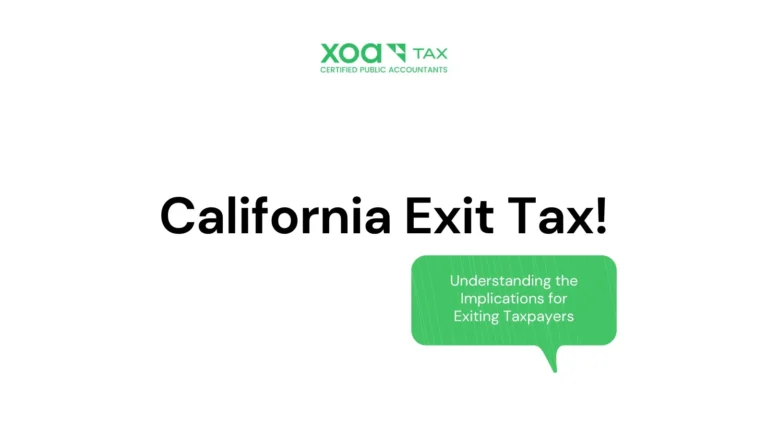
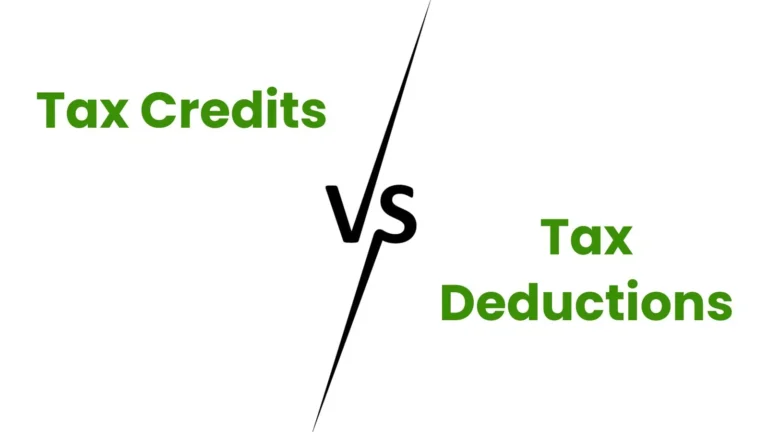
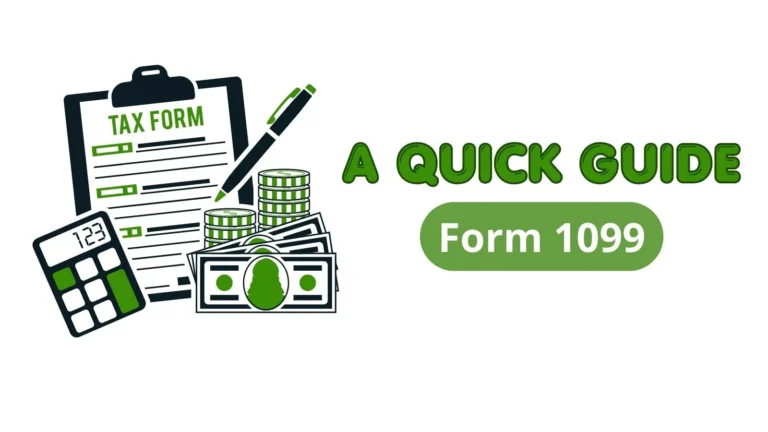
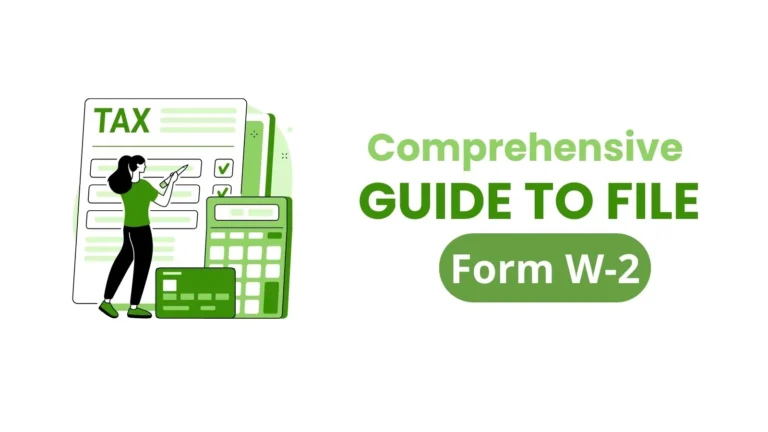
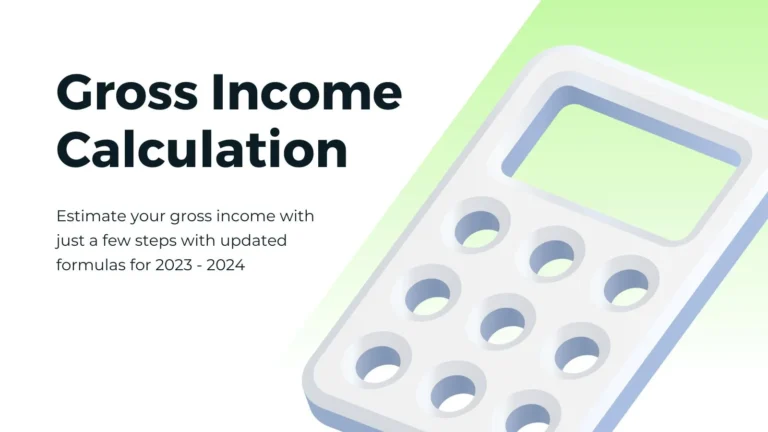
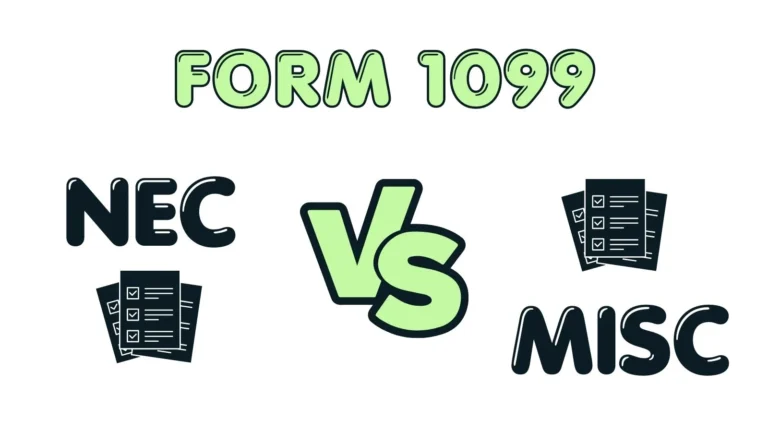




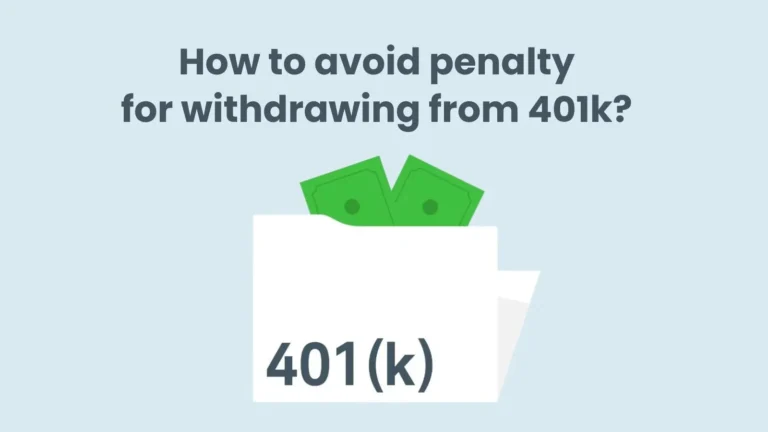

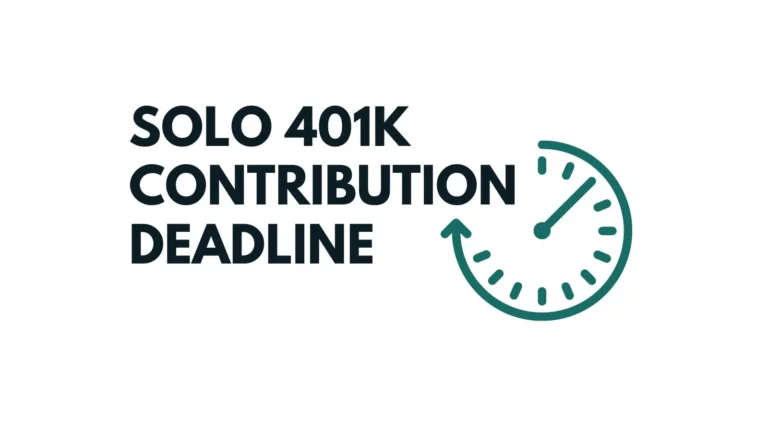






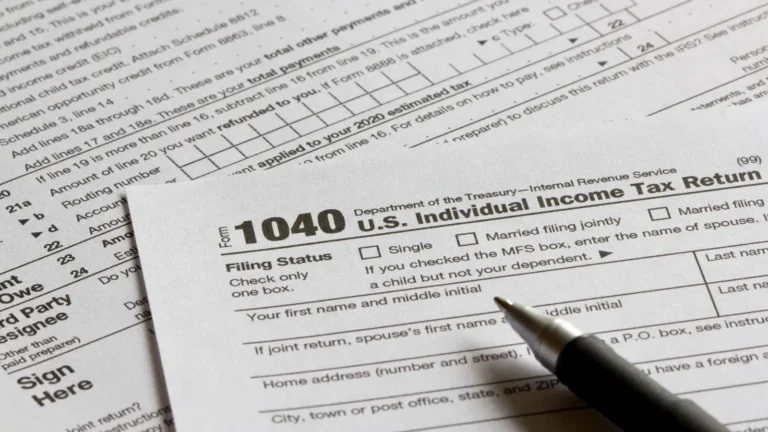





5 Responses
Thanks for this clear explanation! I’ve always found accounting a bit daunting, but this article made cash basis accounting seem quite approachable and manageable for someone like me who’s just getting their business off the ground.
Loved this article! As a small business owner, cash basis accounting has always been my go-to for its simplicity. This post really highlighted all the reasons why it works so well for businesses like mine. Thanks for sharing!
Interesting read. I’ve been using cash basis accounting for a while, but I’m starting to see its limitations as my business grows. The point about it not aligning with GAAP really got me thinking about switching to accrual accounting.
helpful, quick and to the point!
these online classes have been kicking my butt, thank you for the help!